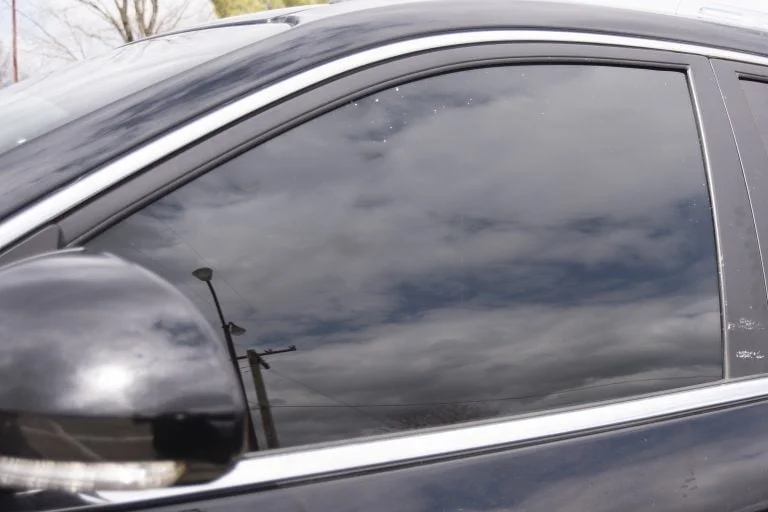On October 8, 2025, Nigeria’s Federal Capital Territory (FCT) Police Command halted enforcement of the vehicle tinted glass permit policy.
This follows a Federal High Court order in Warri on October 3, directing police to pause until the legal case concludes.
Police Acknowledge Ruling
SP Josephine Adeh, FCT Police spokesperson, confirmed the court order’s receipt. “We’ve suspended the Nigeria tinted glass policy pending the final verdict,” she said on television. Thus, the police are complying with judicial directives.
Security Goals Explained
Adeh stressed the policy’s security purpose. “Tinted windows have aided criminals in evading detection,” she noted.
The regulation aimed to curb such activities, ensuring safer communities through better suspect identification.
No Financial Motives
Addressing concerns, Adeh clarified that permit fees flow to the Federal Government’s Treasury Single Account, not police coffers.
“The Nigeria tinted glass rule is about safety, not profit,” she emphasized, dispelling revenue-driven accusations.
Policy Sparks Controversy
Launched in April 2025 by Inspector-General Kayode Egbetokun, the policy required vehicle owners to obtain annual tinted glass permits.
Motorists criticized its complexity, fearing abuse, while security experts deemed it essential for public safety.
NBA’s Legal Challenge
The Nigerian Bar Association (NBA) contested the policy’s legality, suing Egbetokun.
The Warri court’s interim order mandates maintaining the status quo, highlighting the need for judicial review before enforcement resumes.
Rule of Law Upheld
Kunle Edun, a Senior Advocate leading the NBA’s case, praised the ruling. “It reinforces lawful governance,” he said.
The decision underscores the importance of judicial oversight in policy disputes.
Public and Expert Divide
Motorists argue the Nigeria tinted glass policy burdens drivers with red tape. Conversely, security advocates support it, citing crime prevention.
This split fuels ongoing debates as the legal process unfolds.
Awaiting Court’s Decision
The suspension remains until the court’s final ruling. The outcome will determine if the policy continues or faces changes.
It balances security needs with public concerns, shaping Nigeria’s approach to vehicle regulations.
Broader Implications
The case highlights tensions between governance and citizen rights. As Nigeria awaits the verdict, the pause offers temporary relief to drivers.
However, it also tests the government’s ability to align policies with legal and public expectations.




















